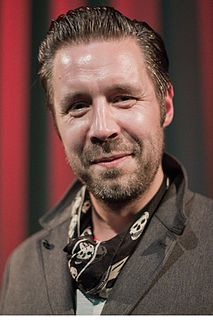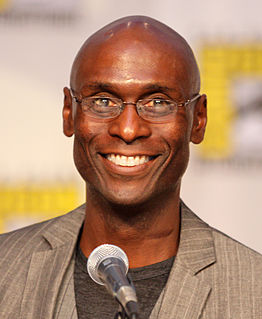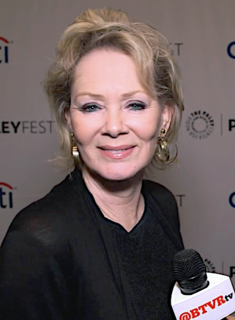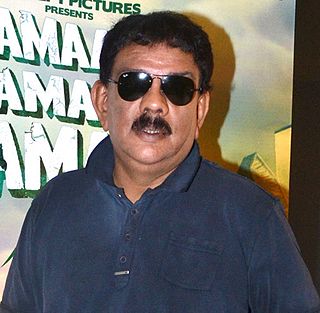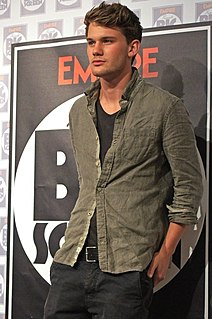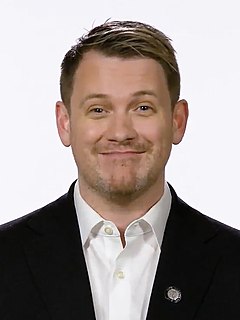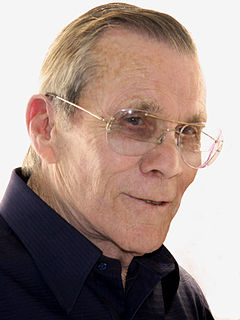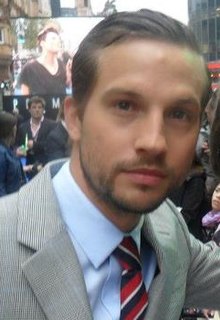A Quote by Albert Brooks
When I audition, I understand what it takes and the insecurities that come with it. If I do anything, I put actors at ease. I used to tell directors who weren't actors, the best thing they could do was take an acting class for a couple of months. Just to understand.
Related Quotes
With directors, some have a kind of in-built ability to just know how to work with actors and get the best out of actors, and some don't have a clue about acting. I think it'd be a good idea if directors put themselves in front of the camera, or even went on a six-week drama course, just to know a little bit about what that feels like.
What's interesting is, most of the people who are fans of the The Wire who black people or cops... most of the people in the industry are the crew: writers, actors and directors. And so they understand what it is that we do, so they think, "Wow, what a incredible group of amazing actors." It's funny, I think there are a couple of reasons why we have never gotten any nomination for anything except for writing.
Television is a completely different industry now. It's just extraordinary. It's so wonderful, because there's more interesting product. It attracts the best writers and directors. And one thing that's really interesting about it is that it used to be, if you were on a big network show, like it or not, you were a household face and name. And believe it or not, not all actors like that. That's not their goal. They just like being actors. And there are so many actors that are on hit shows that I have never seen, I've never heard.
A lot of directors on a base level are fearful of actors and maybe even distrustful. I love the craft of acting and I love actors so I think they can probably sense that. They also know that I understand what their process is, having done it myself. The thing I come back to over and over again is that for most people who are not analyzing it from a critical point of view, most iconic film moments are actor moments. We show up to commune with another human being and their experience. We don't show up necessarily to watch a really cool dolly shot.
What I learned about acting, from my experiences directing, is why so many producers and directors don't like actors. You go through all of this work securing a location, figuring out how to get electricity there, how to get trucks parked where they need to be, and where catering is going to come from. And if the actors don't come up with some magic, it actually didn't matter. That creates a lot of animosity towards the actors.
Actors can be very precious about their work and their scenes, but I think good actors have a strong understanding of narrative and are very often not as precious about that stuff. They just can't be because they understand what makes for a better film, and that it's the job of the actor to work toward that, and then if you want you can go to acting class or workshops. But making movies is not workshops.
See, the first thing about actors is, you're just trying to get a job; and you audition and audition and you finally get them. And you still consider yourself an auditioning actor. I auditioned for One Fine Day, I wasn't offered that. So you're still in that 'Hey, I'm just trying to get a job' thing. Then, you get to the point where, if you decide to do it, then they'll make the film. That's a different kind of responsibility, and it usually takes a couple of films to catch up. And then you have to actually pay attention to the kind of films that you're making.

